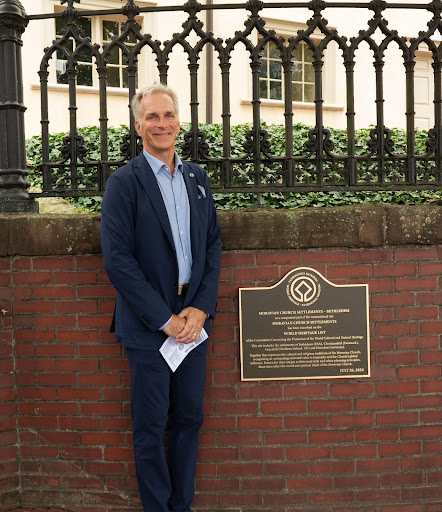
In all courses, there’s what you initially sign up to learn as opposed to what you remember in the long run. Reading political theory can be daunting, but the rewards of studying the history of political ideas are both predictably formal with regard to the study of politics and also surprisingly personal.
The students of Political Science 120 B: Introduction to Political Thinking (Fall 2023) have distilled a set of personal lessons for daily life from the study of the following texts:
- Plato, Apology and Crito
- Niccolo Machiavelli, The Prince
- John Locke, The Second Treatise of Government
- James Baldwin, The Fire Next Time
- Timothy Snyder, On Tyranny: Twenty Lessons from the Twentieth Century (graphic edition)
How can political theory make life better? Though the general opinion may be that citizenship primarily regards formal actions such as voting, daily personal interactions are foundational to life in a democracy. What looks like everyday advice about making life better is also advice about strengthening democracy.
Be aware!
Zach
Stop and take time to think about what is going on in the world around you. If you live passively, you will not be able to vote for or act on the things that are important to you. (Plato: Socratic Method/slow down and think; Snyder: be reflective as a thinking person and active as a democratic citizen)
Rori
Part of self-knowledge is noticing when you are limiting your thoughts and actions in response to social pressure. Resist rudeness that reduces your sense of independence and freedom. Becoming a college student requires a certain indifference to the bad behavior of others. (Plato, Apology – retaining independence in negative situation of trial and accusations by sophists)
Damaris
Be kind to language. Don’t get into political conversations unless you care about the information and the people. Avoid cliches. Face the world and think about it as it is. (Snyder and Machiavelli)
Yami
Make an effort to be reasonable. Be fair towards others. Be thoughtful about the impact of your actions on others. You are not alone in the world. There are many, many people! Our political culture is informed by a philosophy that assumes we are reasonable and thus can live freely and independently. (Locke, Second Treatise of Government)
Kiera
Take time to understand language and truth claims, your own and also those of others. You can react off the cuff or it may take a minute, an hour, a day, a week, or however long you need to inform yourself to give a thoughtful response. (Plato, Snyder)
Jake
Take consent seriously. Tacit consent and expressed consent are both meaningful. Don’t give consent freely. Be intentional. Don’t let social participation become thoughtless. (Locke)
Brooke
There is a difference between niceness and kindness. Do not let societal notions of “goodness” cause you to act against the compassionate best interests of yourself and those around you. (Machiavelli and Baldwin)
Engaging with others
Elizabeth
Desire to understand why someone else thinks a certain way. Ask a question. Be willing to answer questions about your own views. The back and forth of dialogue helps everyone understand more fully. Start yourself on the path of understanding someone else. A good dialogue expresses empathy and respect. (Plato, Crito)
Jonathan
Listen patiently. Disagree diligently with integrity. Don’t fear disagreement. Stick around for the conversation after you disagree. (Plato, Apology – Socrates carefully and persistently disagrees with Meletus)
Caden
Stand by your beliefs but be open to different ones. If someone disagrees with you, use it as a chance to understand not argue. (Plato, Crito – persistence of Socrates)
Liam
Exercise independence and keep the largest possible range of intentional choices. Don’t fall into line with majority practices in an unthinking manner. Example: Phones before class. (Haddad)
Andrew
Be confident with who you are but don’t fear change or improvement. Striving to improve yourself gives your life more purpose. Nationalism doesn’t require a plan for a better future; patriotism does. (Snyder, chapter 19: patriotism requires working for a better future.)
Jackson
Learn to give freely and not just guard and keep. Don’t just focus on protecting yourself. Care about others. (Baldwin, The Fire Next Time, guarding a system of reality)







